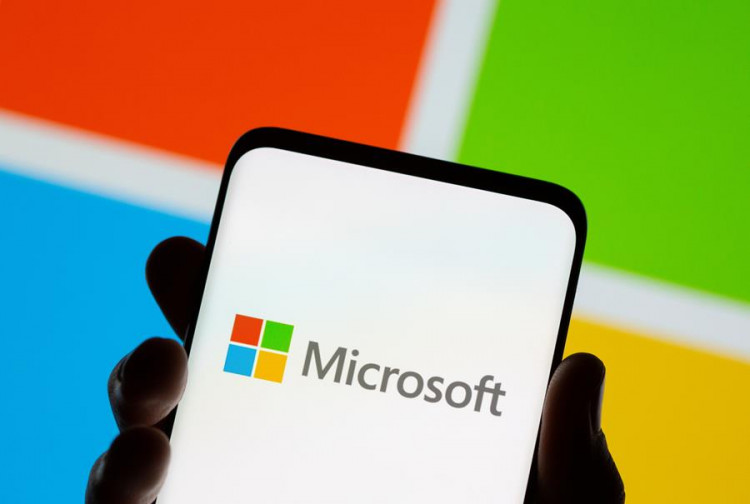Microsoft has introduced the Phi-3 Mini, the first in its series of smaller AI models designed for performance on personal devices like smartphones and laptops. This launch marks a significant advancement in AI technology, making powerful tools more affordable and widely available, particularly for organizations with limited resources.
The Phi-3 Mini, launched with 3.8 billion parameters, showcases Microsoft's commitment to innovation in AI scalability. It is engineered to provide high-quality AI capabilities on local devices, bypassing the need for the extensive computing power typically associated with large language models (LLMs) like GPT-4. This model is available through platforms such as Azure, Hugging Face, and Ollama, and is part of a broader rollout that will include the Phi-3 Small and Phi-3 Medium, boasting 7 billion and 14 billion parameters, respectively.
Eric Boyd, Microsoft's corporate vice president of Azure AI Platform, highlighted the compact model's robustness, noting, "Phi-3 Mini is as capable as larger LLMs like GPT-3.5 but in a smaller form factor." This development not only addresses cost concerns but also meets the growing demand for AI applications that can operate directly on consumer electronics without compromising performance.
Training methodologies for the Phi-3 Mini drew inspiration from educational techniques used in children's literature, focusing on simplified language to communicate complex concepts. Microsoft utilized a novel approach by generating synthetic 'children's books' data to teach the model, enhancing its learning efficiency and contextual understanding. This strategy has significantly improved the model's performance, allowing it to rival the output of much larger systems.
"Our aim was to create a model that could perform exceptionally well on smaller, more specific datasets, which are typical in many corporate environments," said Boyd. "This makes Phi-3 not only more practical for everyday use but also significantly cheaper to deploy and run."
Despite its reduced size, Phi-3 Mini has proven to be a powerhouse, outperforming its predecessor, Phi-2, and even matching the capabilities of larger models in certain applications. It excels in various tasks ranging from mathematical calculations to programming challenges, demonstrating its versatility and the potential to transform how businesses and individuals interact with AI technology.
However, the Phi-3 Mini does face limitations in terms of the breadth of factual knowledge it can process, attributed to the smaller dataset it was trained on. This constraint is evident in its performance on tests like TriviaQA, where extensive factual recall is required. Nevertheless, for many users and applications, the depth of knowledge offered by Phi-3 Mini will be more than sufficient.
Looking ahead, Microsoft plans to continue its innovation in the AI space by completing the rollout of the Phi-3 series. The upcoming models, Phi-3 Small and Phi-3 Medium, are expected to push the boundaries of what small AI models can achieve, offering enhanced capabilities while maintaining the efficiency and accessibility that define the Phi-3 Mini.





